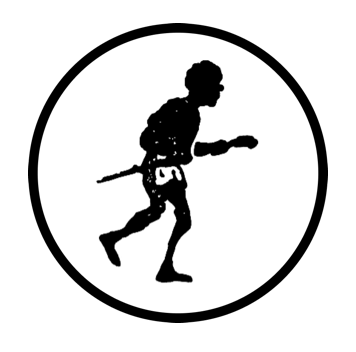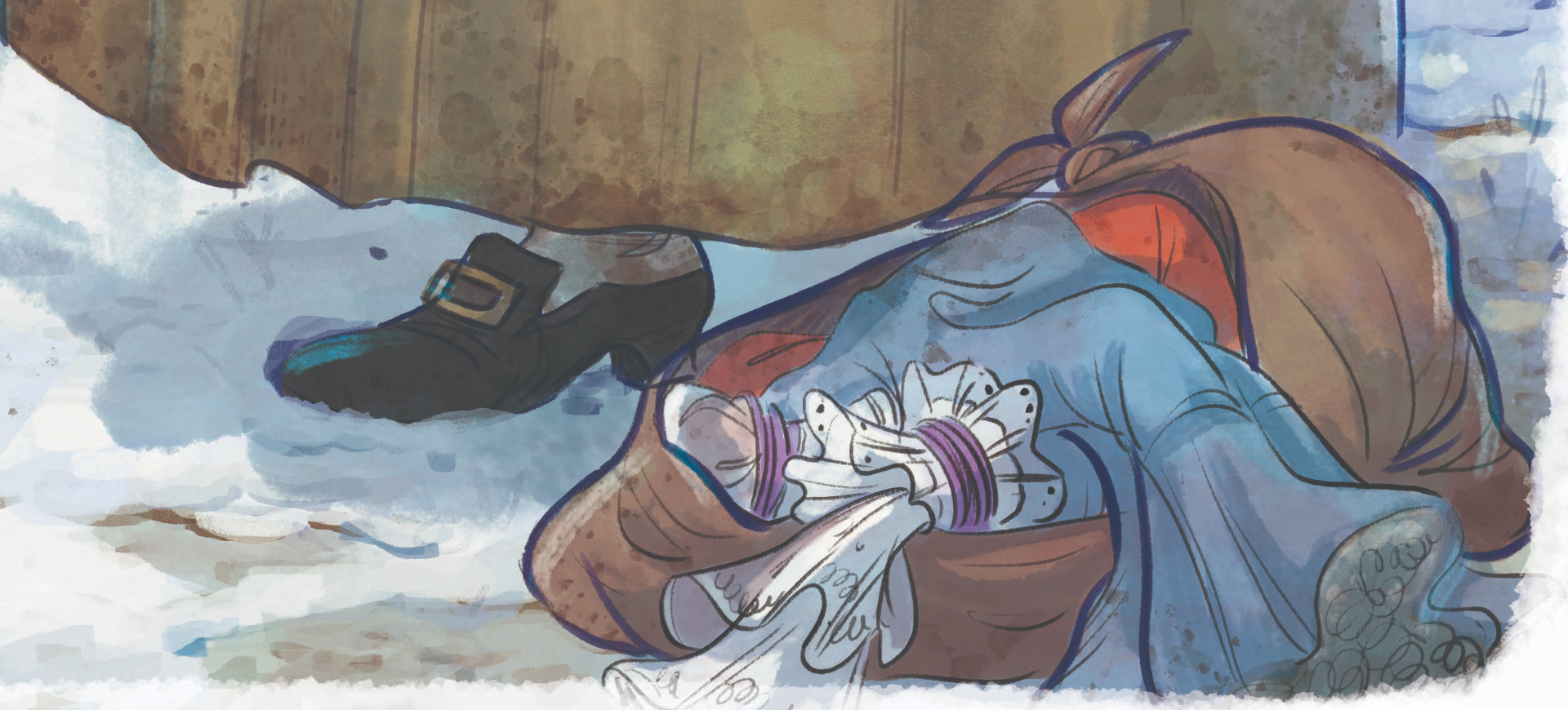
 0
0Black criminal stereotypes and racial prejudice
Cash "carried valuable effects not her own"

The search notice for Cash states that she had a quantity of items and clothing which did not belong to her. This detail is consistent with the persistent accusations of theft and the criminal stereotypes that even today are often associated with Afro-descendants.
In merchant-class homes, servants, frequently racialized persons, were also regularly suspected or accused of theft by their masters. In the history of Québec and Canada, a multitude of criminal incidents (theft, rape, murder and arson) can be traced for which Black, Indigenous or racialized people were falsely or automatically blamed. Given their social exclusion, they were the "perfect offenders."
Numerous botched trials took place in Québec and Canada, condemning innocent people because racial prejudice skewed the system. Despite the existence of human rights, such judicial errors are still likely to occur because racial prejudice is still within our society.
Legal rights
While prejudice continues to be behind discriminatory acts and language and racial profiling, every person has the right to be represented in a court of law and to a fair trial, free of prejudice.
These are some of the legal rights that guarantee the equality of all people in the eyes of the law, regardless of the colour of their skin.
Racial profiling

Be that as it may, even today, racialized persons are regularly suspected of crime and delinquency because of prejudice based on skin colour.
The racial profiling which they are still likely to suffer despite the protection of the right to equality under the Québec Charter shows how deep-seated racial prejudice is, not only among people in positions of authority, but also among the citizens who request that they intervene.